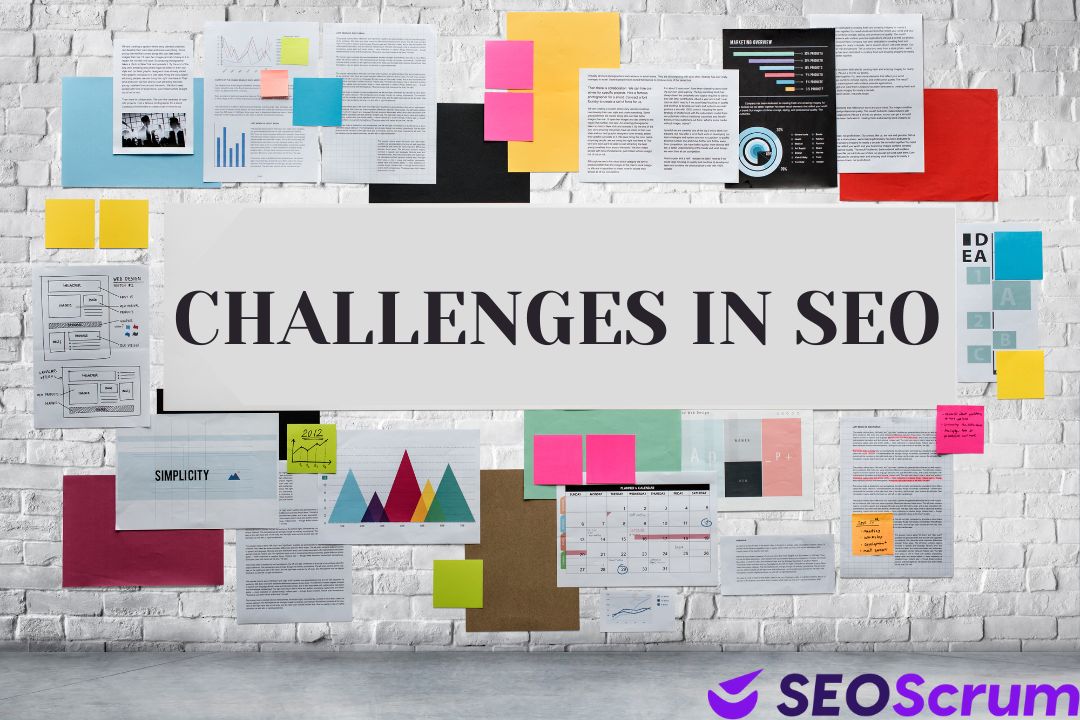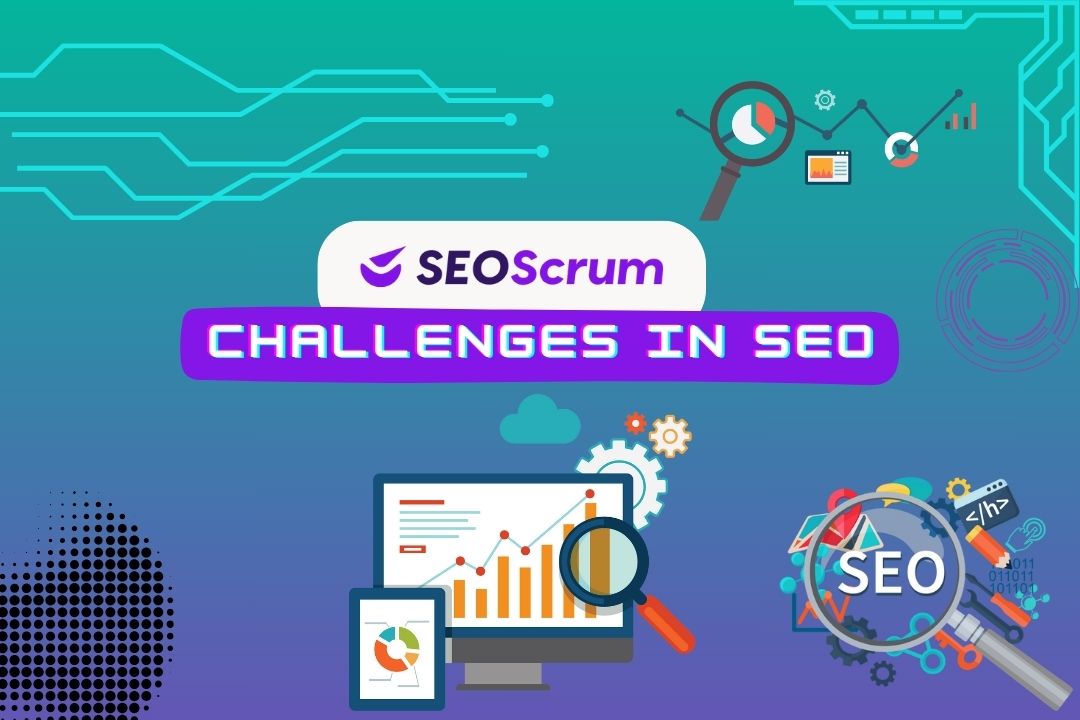What Are the Common Challenges in SEO?

The ever-changing world of search engine optimization (SEO) presents a dynamic landscape for businesses and websites seeking online visibility. While the ultimate goal remains the same - reaching your target audience through search engines - the path to achieving it is littered with obstacles. This guide explores some of the common challenges in SEO, helping you navigate this complex yet rewarding field.
1. Keyword Research and Targeting:
Finding the right keywords: Identifying relevant keywords that users are searching for and that your website can realistically compete for is crucial. Striking a balance between high search volume and low competition can be challenging.
Keyword intent: Understanding what users are looking for when they use specific keywords goes beyond just the literal meaning. Optimizing content for the user's intent, whether it's informational, transactional, or navigational, is critical for relevance and ranking.
Keyword cannibalization: Accidentally creating content that targets the same keywords, causing internal competition and potentially harming your website's ranking.
2. Content Creation and Quality:
Creating high-quality content: Consistently producing engaging, informative, and valuable content tailored to your target audience is essential for attracting and retaining users.
Content freshness: Search engines favor websites that regularly update their content with fresh information and insights. Keeping your content relevant and up-to-date can be a continuous effort.
Balancing content types: Creating a diverse content mix, including blog posts, articles, infographics, videos, and other formats, can cater to different user preferences and improve engagement.
3. Technical SEO and Website Optimization:
Website structure and navigation: Ensuring your website is well-organized and easy to navigate is crucial for both users and search engines. A logical structure with clear hierarchy and intuitive navigation aids search engine crawling and indexing, while also improving user experience.
Website speed: A slow loading website can significantly impact user experience and negatively affect your ranking in search results. Optimizing website speed involves image optimization, code minimization, and potentially utilizing a content delivery network (CDN).
Mobile-friendliness: With the majority of searches now happening on mobile devices, having a website that is responsive and optimized for mobile viewing is no longer optional. Failing to prioritize mobile optimization can have severe consequences for your SEO efforts.
4. Building Backlinks and Earning Authority:
Earning backlinks: Backlinks, or links from other websites pointing to your own, are considered a significant indicator of trust and authority by search engines. However, acquiring high-quality, relevant backlinks organically can be challenging and requires a strategic approach.
Link quality over quantity: While the number of backlinks was once a major ranking factor, search engines now prioritize the quality and relevance of backlinks. Building relationships with reputable websites in your niche and creating valuable content that others naturally want to link to is key.
Staying informed about algorithm updates: Search engine algorithms are constantly evolving, and keeping up with the latest updates and best practices is crucial for maintaining good SEO standing.
Remember, successful SEO is a marathon, not a sprint. It requires ongoing effort, adaptation, and a commitment to providing users with valuable and informative content. By understanding the challenges in SEO and implementing sustainable best practices, you can navigate the ever-changing search engine landscape and achieve long-term success.
Note: IndiBlogHub features both user-submitted and editorial content. We do not verify third-party contributions. Read our Disclaimer and Privacy Policyfor details.






